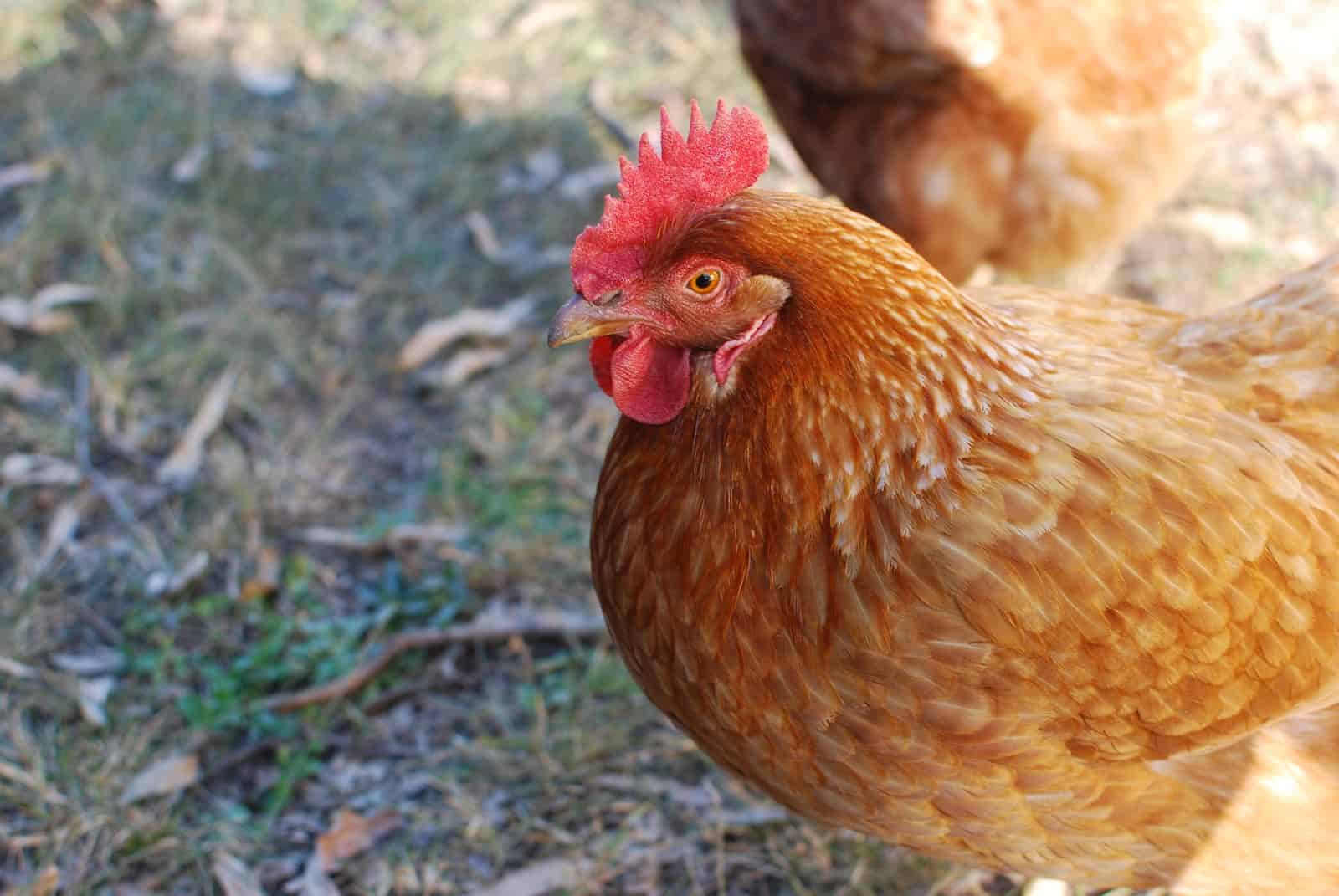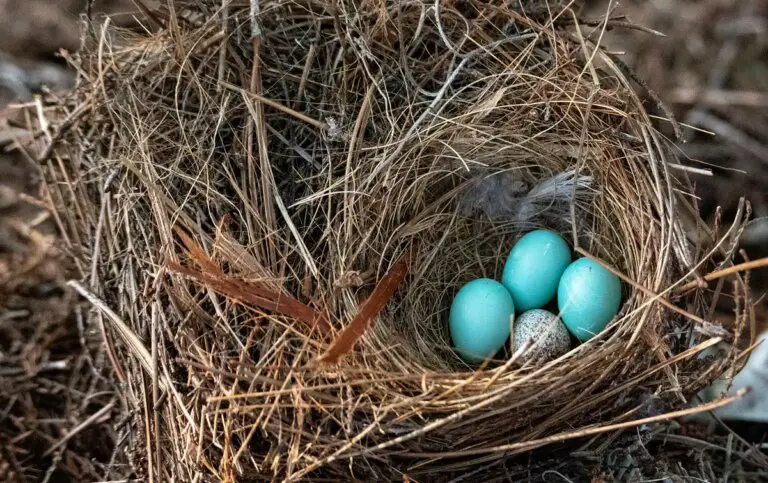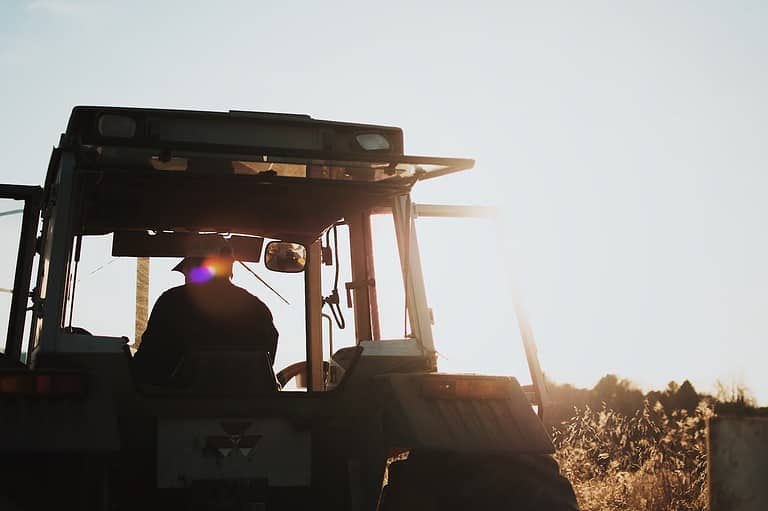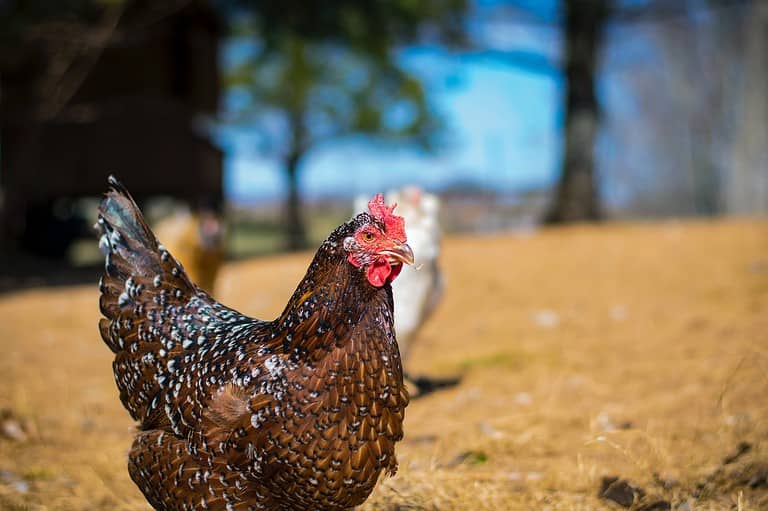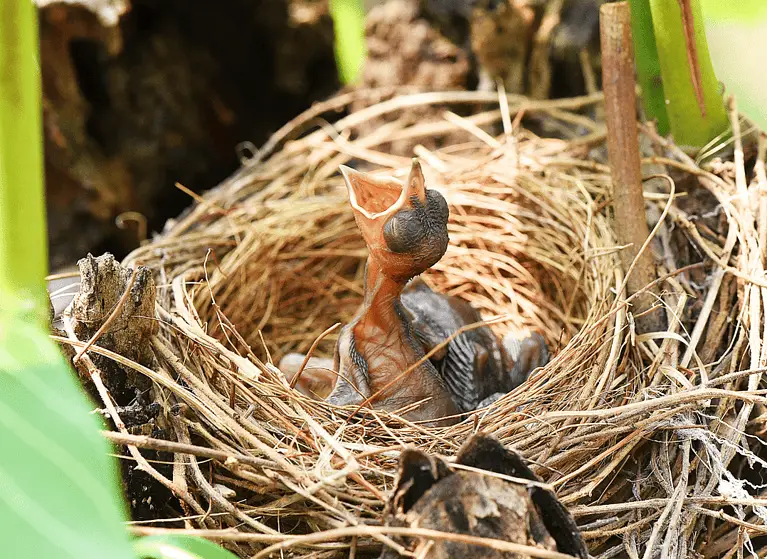Preserving Rare Chicken Breeds: Heritage Poultry Conservation for Traditional Chicken Varieties
The Importance of Preserving Rare Chicken Breeds
Poultry Conservation. Preserving rare chicken breeds is of utmost importance in the realm of poultry farming. These unique breeds hold significant value not only in terms of their genetic diversity but also their contribution to the heritage poultry conservation. In a world dominated by commercial broiler and layer chicken farming, preserving rare chicken breeds becomes crucial for maintaining the integrity of the poultry industry.
One of the primary reasons for preserving rare chicken breeds is to ensure the continuity of egg production and genetic traits that may be lost otherwise. These rare breeds possess characteristics that have been developed over generations, making them resilient and adaptable to different environments.
By preserving them, we not only safeguard their genetic uniqueness but also tap into the potential they hold for future breeding programs. Moreover, preserving rare chicken breeds allows us to maintain a diverse and sustainable poultry industry that is not solely reliant on a few commercial breeds.
Understanding Heritage Poultry Conservation
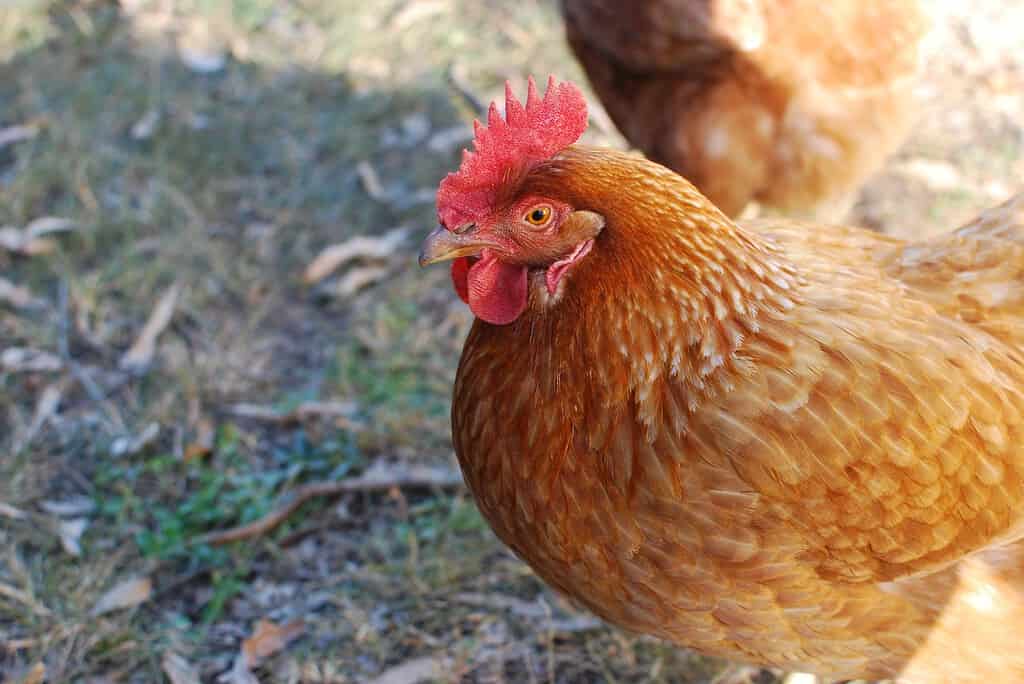
As the poultry industry continues to evolve, it is crucial to understand the concept of heritage poultry conservation. This practice aims to preserve traditional chicken varieties and rare chicken breeds that are at risk of extinction. By conserving these unique breeds, we are not only safeguarding our poultry farming heritage but also ensuring a diverse gene pool for future generations.
Heritage poultry conservation involves a range of strategies, including breed selection, flock management, and biosecurity measures. Breeders and farmers play a vital role in this process, working together to maintain and propagate rare chicken breeds. This includes careful breeding programs that focus on preserving the genetic traits and characteristics of these unique birds. Additionally, implementing effective biosecurity measures helps prevent the spread of diseases and ensures the overall health and well-being of the flocks.
Overall, understanding heritage poultry conservation is crucial for maintaining the diversity and integrity of chicken breeds. By appreciating the value of these rare breeds, we can work towards their preservation and contribute to the sustainability of the poultry industry. Through the dedication and collaboration of breeders, farmers, and other stakeholders, we can ensure that future generations have the opportunity to witness and benefit from the beauty and richness of these rare chicken breeds.
Exploring Traditional Chicken Varieties
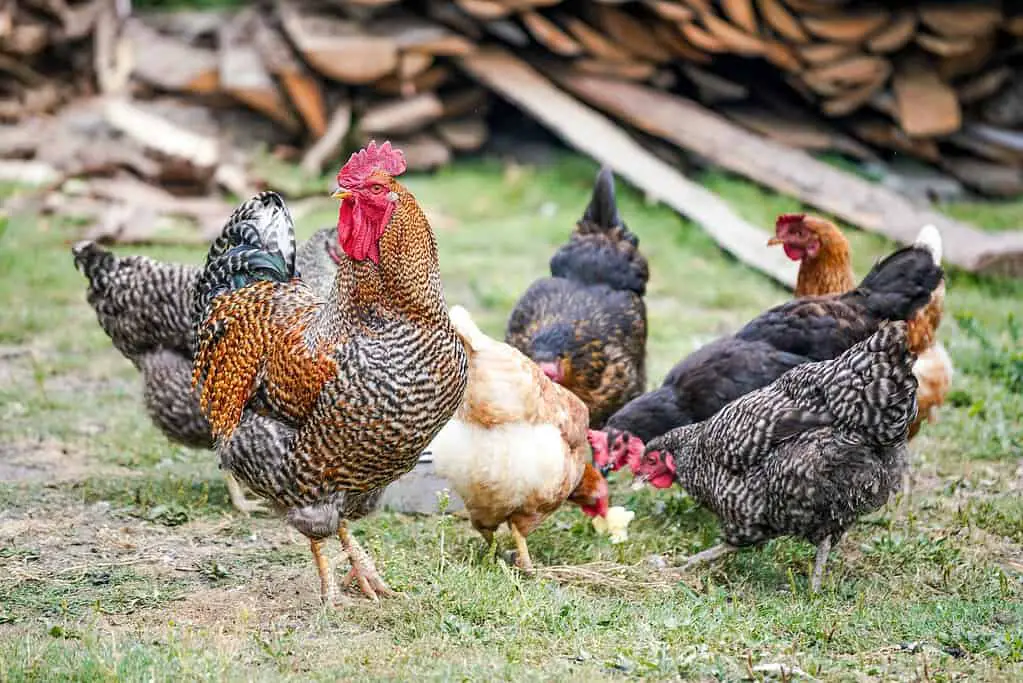
As the poultry industry continues to grow and evolve, it is important to explore and understand the wide variety of chicken breeds that have been traditionally raised for centuries. These traditional chicken varieties, also known as heritage breeds, offer unique characteristics and traits that make them valuable to the poultry farming community. From their distinct appearance to their ability to thrive in specific environments, these chicken breeds contribute to the biodiversity of our poultry populations.
One example of a traditional chicken variety is the Plymouth Rock breed. Known for its dual-purpose qualities, the Plymouth Rock is favored by farmers for its ability to produce both meat and eggs. This breed is admired for its calm temperament, making it easy to handle and manage in flock management practices. Furthermore, the Plymouth Rock has a docile nature, making it suitable for families looking to raise backyard chickens for both their aesthetic appeal and practical benefits.
Another traditional chicken variety worth mentioning is the Sussex breed. This breed is renowned for its excellent foraging capabilities and robust nature, making it an ideal choice for free-range farming systems. The Sussex chicken is known as a superb layer, consistently producing high-quality eggs. Its versatility and adaptability to various climates and environments make it a favorite amongst poultry farmers looking to increase egg production while maintaining sustainability.
Exploring traditional chicken varieties not only allows us to appreciate the rich history and diversity of poultry farming but also presents opportunities for sustainable breeding and conservation efforts. By understanding the unique characteristics and characteristics of these breeds, we can develop strategies and programs to preserve their genetic lineage and ensure their survival for future generations.
- Traditional chicken varieties, also known as heritage breeds, contribute to the biodiversity of poultry populations.
- The Plymouth Rock breed is a dual-purpose variety valued for its meat and egg production.
- The Plymouth Rock’s calm temperament makes it easy to handle and manage in flock management practices.
- The Sussex breed is renowned for its excellent foraging capabilities and robust nature, making it ideal for free-range farming systems.
- The Sussex chicken consistently produces high-quality eggs and adapts well to various climates and environments.
- Exploring traditional chicken varieties allows us to appreciate the history and diversity of poultry farming.
- Understanding their unique characteristics helps develop strategies for preserving their genetic lineage.
Threats to Rare Chicken Breeds and the Need for Conservation
Threats to rare chicken breeds pose a significant risk to the diversity and sustainability of poultry farming. The growing dominance of commercial broiler chicken and layer chicken breeds in the poultry industry has led to the neglect and decline of traditional chicken varieties. This loss of genetic diversity not only deprives us of unique chicken breeds, but also impacts the overall resilience of the poultry industry.
One of the main threats to rare chicken breeds is the lack of demand and market incentives. Large-scale hatcheries and commercial operations focus on breeds that are optimized for high egg production or fast growth rates.
As a result, rare chicken breeds that may offer distinct taste, appearance, or cultural significance often struggle to find a place in the market. Without a viable economic value, these breeds are at risk of disappearing as farmers and breeders prioritize profitability over preservation.
Another threat lies in the modernization and industrialization of poultry farming practices. High-input and intensive production systems often favor uniformity and standardization, neglecting the unique characteristics and adaptability of rare chicken breeds.
The use of hybrid chickens and artificial selection methods further narrow down the options for breeders, reducing the genetic diversity within the poultry population. This homogenization not only leaves us vulnerable to disease outbreaks but also limits our ability to address future challenges such as climate change and emerging pests.
The need for conservation of rare chicken breeds becomes evident when considering the implications for food security, cultural heritage, and ecosystem resilience. Preserving these breeds not only ensures that future generations can continue to enjoy a wide variety of chicken flavors and appearances but also enhances the sustainability of poultry farming by maintaining genetic diversity.
Taking action to protect and promote rare chicken breeds requires a collaborative effort from breeders, farmers, consumers, and policymakers. By recognizing the value of these breeds and creating market incentives, we can ensure the preservation and long-term viability of rare chicken breeds in the face of ongoing threats.
The Role of Breeders and Farmers in Preserving Rare Chicken Breeds
Breeders and farmers play a crucial role in preserving rare chicken breeds. Through their dedication and expertise, they help ensure that these unique and valuable chicken varieties continue to thrive.
One of the primary responsibilities of breeders and farmers in preserving rare chicken breeds is the careful selection and breeding of these birds. They are tasked with identifying and preserving the traits that make these breeds special, such as their distinct appearance, egg-laying ability, or meat quality. By selectively breeding these chickens, breeders and farmers can maintain the genetic diversity of these rare breeds, which is essential for their long-term survival.
In addition to breeding, breeders and farmers also focus on maintaining the health and well-being of the rare chicken breeds under their care. This includes providing appropriate nutrition, implementing disease control measures, and ensuring proper housing and management practices. By prioritizing the health and welfare of these birds, breeders and farmers contribute to the overall success of conservation efforts.
Overall, the role of breeders and farmers in preserving rare chicken breeds is undoubtedly crucial. Their dedication to maintaining the genetic diversity and overall health of these unique chicken varieties helps ensure that future generations will have the opportunity to appreciate and benefit from these exceptional birds. The challenges they face are numerous, but their unwavering commitment to conservation is what keeps these rare breeds alive and thriving.
Challenges and Obstacles in Heritage Poultry Conservation
One of the key challenges in heritage poultry conservation is the limited availability of rare chicken breeds. Over the years, the focus of the poultry industry has shifted towards commercial breeds that are bred for specific traits such as fast growth, high egg production, or meat yield. This has led to a decline in the number of rare chicken breeds as they are not commercially viable for large-scale production. As a result, breeders and farmers interested in conserving these heritage breeds often face difficulties in sourcing and acquiring breeding stock.
Another obstacle in heritage poultry conservation is the lack of knowledge and awareness among both breeders and consumers. Many people are simply not aware of the existence and importance of rare chicken breeds. In a market dominated by commercial breeds, the appeal and value of heritage breeds are not widely recognized. This creates a challenge for breeders and farmers who struggle to find a market for their products and may face financial constraints in promoting and preserving these rare chicken breeds. Additionally, the lack of specialized knowledge and technical expertise in breeding and managing rare chicken breeds can also hinder conservation efforts.
Why is it important to preserve rare chicken breeds?
Preserving rare chicken breeds is important for several reasons. These breeds often possess unique genetic traits, making them valuable for future research and breeding programs. Additionally, they contribute to the overall genetic diversity of poultry populations, which is crucial for the long-term sustainability and adaptability of the poultry industry. Furthermore, rare chicken breeds are an integral part of our cultural heritage and preserving them helps maintain our agricultural history.
What is heritage poultry conservation?
Heritage poultry conservation refers to the efforts aimed at preserving and safeguarding traditional and rare chicken breeds. It involves maintaining and promoting the genetic integrity of these breeds through responsible breeding practices and careful selection. Conservation programs may include actions such as identifying and documenting rare breeds, establishing breed standards, and encouraging their continued breeding by farmers and breeders.
What are traditional chicken varieties?
Traditional chicken varieties refer to the ancient or old-time breeds of chickens that have been selectively bred by humans over generations. These breeds often have distinct physical characteristics, temperaments, and genetic traits that set them apart from modern commercial chicken breeds. Traditional chicken varieties may include heritage breeds, landraces, or indigenous chicken populations that have adapted to specific regions or cultural practices.
What are the threats to rare chicken breeds and why is conservation necessary?
Rare chicken breeds face various threats, including genetic dilution through crossbreeding with commercial breeds, habitat loss, reduced market demand, and inadequate recognition and support. Conservation is necessary to prevent the extinction of these breeds and to maintain the genetic diversity they possess. By conserving rare chicken breeds, we ensure the preservation of valuable genetic resources, promote sustainable agriculture, and safeguard our cultural heritage.
What is the role of breeders and farmers in preserving rare chicken breeds?
Breeders and farmers play a crucial role in preserving rare chicken breeds. They can actively participate in conservation efforts by breeding, raising, and maintaining populations of rare chicken breeds. By following responsible breeding practices, such as avoiding excessive inbreeding and selecting for desirable traits, breeders and farmers contribute to the preservation of genetic diversity and the long-term viability of these breeds.
What are the challenges and obstacles in heritage poultry conservation?
Heritage poultry conservation faces several challenges and obstacles. These include limited public awareness about the importance of rare chicken breeds, insufficient financial support for conservation programs, difficulty in finding suitable breeding stock, and lack of regulatory protection for these breeds. Additionally, the potential competition from commercially bred chicken varieties and the need to balance conservation goals with practical considerations pose challenges to heritage poultry conservation efforts.

